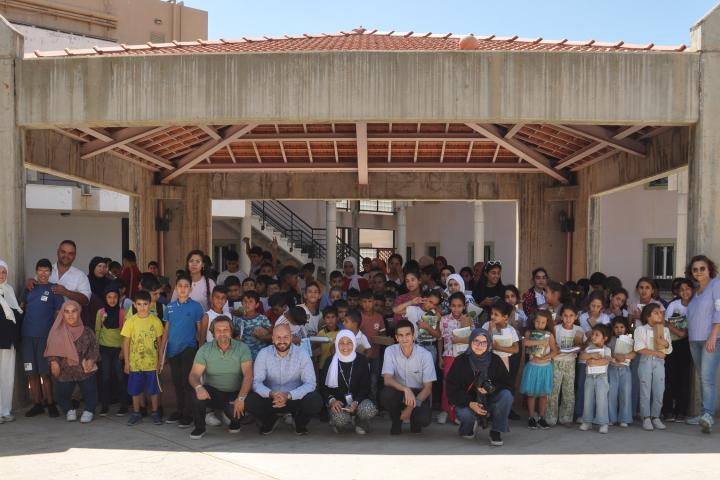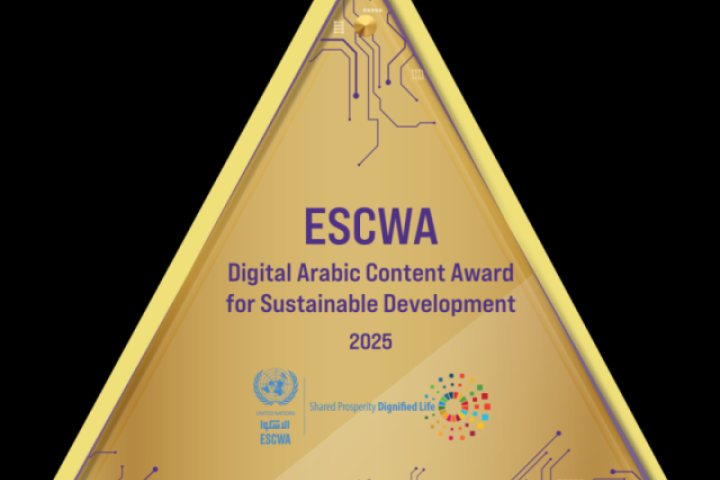The ministerial panel on the topic “Intergenerational justice and access to natural resources” today highlighted the linkages between the use of and access to natural resources, poverty alleviation, economic growth and social equality for the achievement of intergenerational justice, founded on the economic, social and environmental pillars of sustainable development. The panel was the third in a series organized by the United Nations Economic and Social Commission for Western Asia (ESCWA) in the context of its 28th ministerial session, which comprised high-level representatives from member States, senior policymakers, prominent academic thinkers and representatives from the private sector, the United Nations system and civil society. Intergenerational justice is at the heart of sustainable development. The management of and access to natural resources is certainly a key factor in achieving social justice by balancing the needs of current and future generations. In the Arab region, intergenerational justice focuses on the management of abundant natural resources, such as gas and oil, or scare resources, including water. Participants therefore discussed the following fundamental issues: access to energy, water and land resources. They highlighted the main shortfalls of the Millennium Development Goals (MDGs) in terms of natural resource management for intergenerational justice, and evaluated the added value that the proposed post-2015 development agenda and sustainable development goals brought to the development path and discourse. The discussion also focused on how the environment and natural resources could drive sustainable development; and how decentralized or participatory approaches involving local stakeholders in the planning, development and management of natural resources, such as water, could ensure more efficient natural resource management. Participants also examined ways to secure land access for the poor through legal tenure and protected ownership, to increase productivity; and the role of governance in the natural resource, social and intergenerational justice nexus and means to ensure natural resource security for future generations, whether physically or through accumulated wealth from their present use (e.g. sovereign funds). The Government of Tunisia is hosting the 28th ministerial session of ESCWA at the Regency Hotel, from 15 to 18 September 2014. The theme is “Social justice in the policies of Arab States”, aimed at highlighting the importance of Arab cooperation in establishing new development models to meet growing demands for social justice and equitable development
Commission
Secretariat
Our Clusters
Collaborate
Resources
Key Resources
Updates
Get in touch



